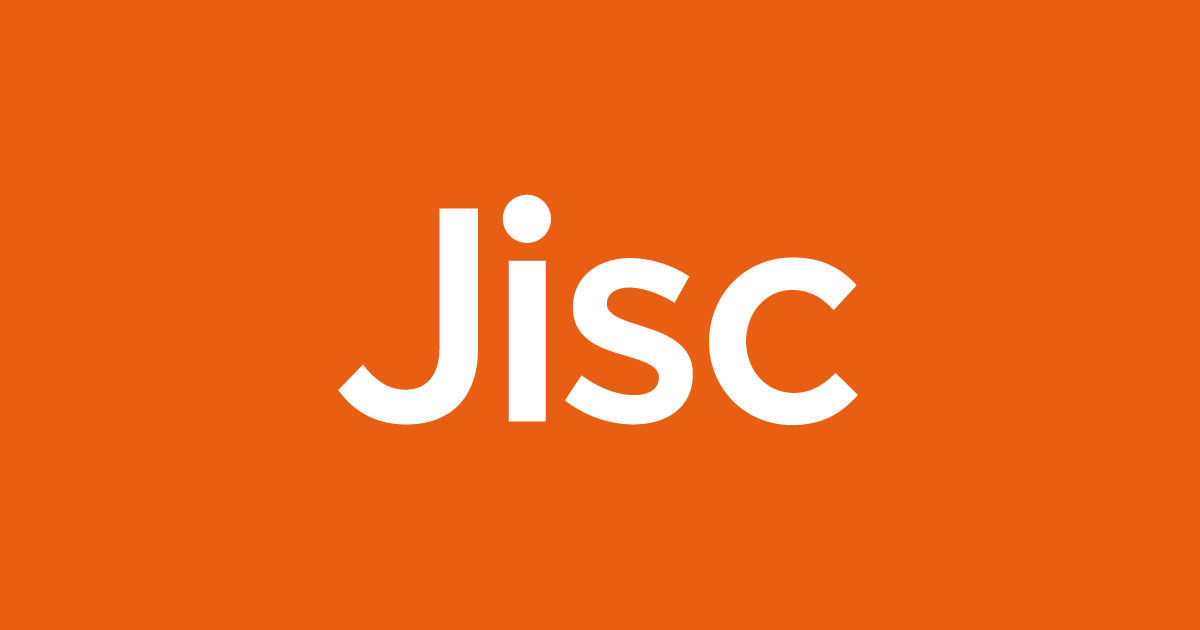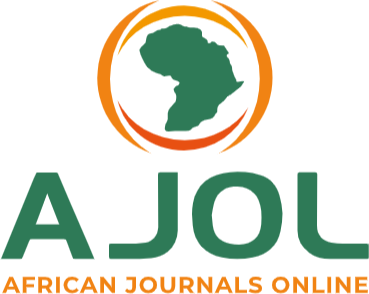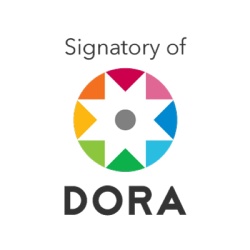perceptions of heads of families towards the requirements of child empowerment in the era of the fourth industrial revolution
تصورات أرباب الأسر نحو متطلبات تمكين الطفل في عصر الثورة الصناعية الرابعة
Abstract
The study aims to identify the perceptions of heads of families to the nature of the era of the Fourth Industrial Revolution and the extent of their awareness of its features and risks to the child, and to identify the requirements for self- and objective empowerment, by following the survey method and applying a Questionnaire journalist sample of (384) single heads of households in the cities. distance education and the virtual teacher, and the child may be exposed to several risks, including; Technological addiction, loss of self-confidence, exposure to pornography and violence, and the concept of child empowerment includes a set of abilities and skills that include the child’s ability to self-learning via the Internet, and that the most important requirements for self-empowerment of the child are the development of positive attitudes for the child Towards the use of technology, promoting the values of electronic culture, raising the child's awareness of the risks of dealing with technology, and developing the child's skills in the field of self-management and cooperation with others. As for the requirements of objectively empowering the child, they include facilitating the child’s ownership of modern technology, and to include in educational curricula the concepts of artificial intelligence and nanotechnology.
Downloads
References
Badi, souhem،(2017،( Conceptual Model of، straightening out Knowledge and the Strategy enabling Youths، Reading in the Arab Knowledge and the Report 2014، Cybrariams Journal، issue 46.
Ben Dhaou, Soumaya, Manda More, Ickson, (2019), Responding to the challenges and opportunities in the 4th Industrial revolution in developing countries, pp.245- 246
Liu Qingqi1, Dong Rouchun1 & Zhou Zongkui1, & Lian Shuailei1, &, & Guo Chen1,(2019), Family socioeconomic status and the parent-child relationship: Children’s Internet Use as a Moderated Mediator, P 25. https://link-springer- com.library.iau.edu.sa/article/10. 1007/s12144-019-00356-0#Abs1.
Garcia, Andre Spuri,(2018) Understanding the concept of public sphere in social management: ideas for an empirical-descriptive and normative reconstruction, V 16,167. http://www.scielo.br/pdf/cebape/v16n2/en_1679-3951-cebape-16-02-163.pdf
Grukayank ، Gonenc، Yilmaz، Ilay، Haksever، Gunes، (2016) :Stifling Artificial Intelligence ،Human Perils ،Computer Low & Security Review،32(5)، 749-758.
Harris، Courtenay, (2017); A socioeconomic related 'digital divide' exists in how، not if، young people use computers; San Francisco Vol. 12، Iss. 3، (Mar 2017) At ; https://search-proquest-com.sdl.idm.oclc.org >
Klaus Schwab (2016), The Fourth Industrial Revolution : what it means, how to respond https://www.weforum.org/agenda/2016/01/the-fourth-industrial-revolution-what-it-means-and-how-to-respond/
Makridakis، Sypros، (2017) ،The Forthcoming Artificial Intelligence Revolution ،Its Impact on Society and Firms، Futures، 46-60.
Marekta J & Petra Kowalikova (2017) : Technical Education in The Context of Fourth Industrial Revolution، Open Online Journal For Research and Education Special Issue، December، 65-73
Meglinda M (2018) : Malaysian Higher Education System Towards Industry 4.0 Current Trends، Overview Proceedings of the 3rd International Conference on Applied Science and Technology (ICAST، 18) ، AIPconf.2018.
Noah Lenstra., (2019) Examining libraries as public sphere institutions : Mapping Questions, Methods, Theories, Findings, and Research Gaps, Library & Information Science Research V 41, Issue 2,102. https://doiorg.library.iau.edu.sa/10.1016/j.lisr.2019.04.001.
Rosenberg، Tom، (2019); Empowering Communities at Camp: Facing the Fourth Industrial Revolution Together، Camping Magazine January.
Wu، Cynthia Sau Ting, (2014) Parenting approaches and digital technology use of preschool age children in a Chinese community، Italian Journal of Pediatrics; Pisa Vol. 40، At; https://search-proquest-com.sdl.idm.oclc.org
- Arabic references in English:
Jaber, Bouchra (1998). The Arab Woman Speaks - A Training Guide, Communication Programs Center, Goethe Hawkins University, Tunis, The Arab Women's Center for Training and Research.
Hassan, Ahmed Omar (2017). The Concept of the Fourth Industrial Revolution. "Economics and Accounting: Commerce Club 666", pp. 16-19. http://search.mandumah.com/Record/835111
Khoury, Issam, Makhoul, Matanios, Haddiwa, Nada (2006). Empowering Women in the Syrian Arab Republic: Reality and Prospects, Tishreen University Journal for Studies and Scientific Research, Economic and Legal Sciences Series, Vol 28, No. (2), pp. 219-240.
El-Dahshan, Jamal Ali Khalil (2019). Developing Digital Intelligence in Our Children as a Requirement of Life in the Digital Age, International Journal of Educational Sciences Research, Vol. 2, No. 4, pp. 51-88.
Digital Parenting Guide (2019), Qatar, Ministry of Transport and Communications. https://www.safespace.qa/sites/default/files/2019
Al-Zoghbi, Falah (2006). The Relationship between Family Upbringing Styles and Achievement Motivation among High School Students in Kuwait, Education Journal, Kuwait University, 79 (20), pp. 283.
Shakib, Bashmani (2014). A Comparative Analytical Study of the Formulas Used in Calculating the Size of Random Samples, Volume (36), Issue (5), Tishreen University Journal for Research and Scientific Studies - Economic and Legal Sciences Series.
Tabib, Sharifa (2017). The Algerian Child and Electronic Violence in the Era of New Media, Scientific Symposium on Violence and Sexual Assault on the Child, Faculty of Humanities and Social Sciences, Algeria, Mouloud Mammeri University.
Abdel Hamid, Hisham (2007). Introduction to General Practice in Social Work, Cairo, Dar Al-Muhandis.
Abdel Sadek, Abdel Sadek Hassan (2016). The Values Acquired by University Youth from Reality TV Programs on Arab Satellites: A Comparative Study between Students of Egyptian and Bahraini Universities in the Framework of Cultivation Theory, Annual 37, Message, 462 Annals of Arts and Social Sciences, Kuwait University - Scientific Publishing Council, p. 49. http://search.mandumah.com/Record/796645.
Ali, Asmaa Fathy El-Sayed (2017). The Role of the Family in Educating Children in Light of the Challenges of the Digital Age, a Field Study in Menoufia Governorate, Journal of the Faculty of Education, Benha University, Vol. 28, No. 112, pp. 39-98.
Lykovan, Shafiq (2009). The Socio-Cultural Impact of the Internet on the Algerian Child, Descriptive Analytical Study on a Sample of Children from the Capital, Study Period 2009, University of Algeria, Master's Thesis, Faculty of Political Science and Information.
Malek, Khaled Mustafa, Assem, Dina Maher (2019). Educational Management Competencies and the Required Educational Technology for Professional Learning Communities, Journal of Studies in University Education, No. 44.
Massouda, Nour El Din (2018). The Algerian Child and Technological Means.. A Reading in Statistics and Studies, Childhood and Development Journal, The Arab Council for Childhood and Development, Vol. 9, No. 31, pp. 55-67.
Mansour, Talat (2014): Children's Participation Empowerment and Protection. Development and Sustainability, Cairo, The Arab Council for Childhood and Development.
Harvard Business Review (2021) in: Al-Khoulani, Marwa, Activating Smart Digitization at Egyptian Universities in Light of the Fourth Industrial Revolution, Educational Journal, Faculty of Education, Sohag University, No. 87, Vol. 3, https://library.harvard.edu
Al-Mu'jam Al-Wasit (2000).
The Arab Council for Childhood and Development 2018, https://www.arabccd.net
UNICEF (1989), Convention on the Rights of the Child https://www.unicef.org/ar
UNICEF (2020), https://www.unicef.org/reports

This work is licensed under a Creative Commons Attribution-NonCommercial 4.0 International License.





















